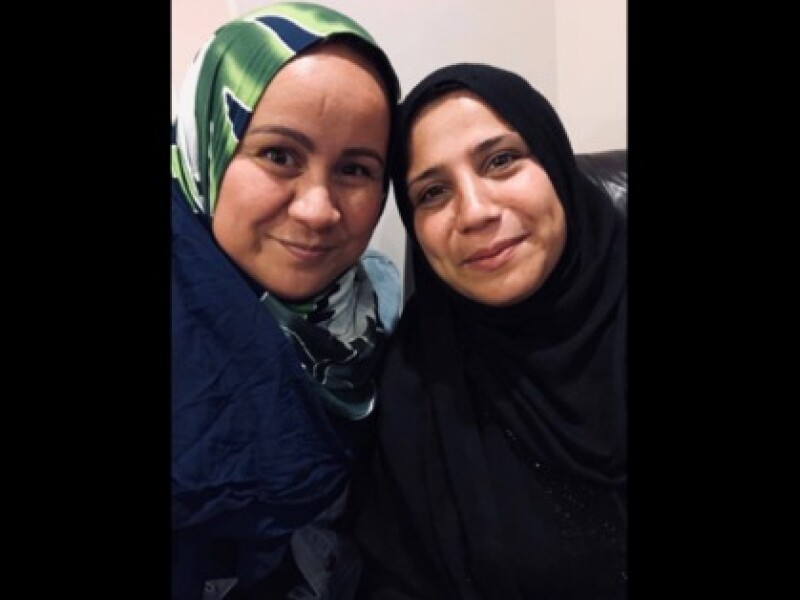Formal Māori Introduction (Pepeha)
| One of my father's pepeha: | One of my mother's pepeha: |
Ko Kopukairoa te maunga Ko Waitao te awa Ko Mataatua te waka Ko Te Whetu o te Rangi te marae Ko Ngāti Pukenaga te iwi | Ko Hikurangi te maunga Ko Te Raparapa te awa Ko Ngātokimatawhaorua te waka Ko Matawaia te marae Ko Ngā Puhi te iwi |
For Māori, sharing our connection to the land is culturally significant. We share features such as, maunga (mountain), awa (river), waka (ancestral canoe), marae (traditional meeting house), and iwi (tribe).
I am the sixth of eight children. I grew up in Whakaoriori, New Zealand. The younger four of us grew up in a bilingual home, speaking only te reo Māori (Māori language) to mum and English to dad.
I am an aunty of 27 and grand-aunty of three; I’m the cool “never-been-married-no-children Aunty.”
As a family, we love spending time together, singing together, and just having fun together. On my own, I love to travel both around New Zealand and the world. I served a mission in Busan, South Korea. My current calling is the adult Sunday School teacher—it is quite challenging, give me youth any day!
I didn’t do too well at high school but went on to graduate with a degree in teaching and later with a master’s in education. I currently work for Te Wananga o Aotearoa, the largest indigenous tertiary institution as a National Programme Manager for our initial teacher education programme. And, as soon as COVID clears, I will engage in a Ph.D. study around the identity of what is means to be a “Māori daughter of God.”
Mauri Ora.



